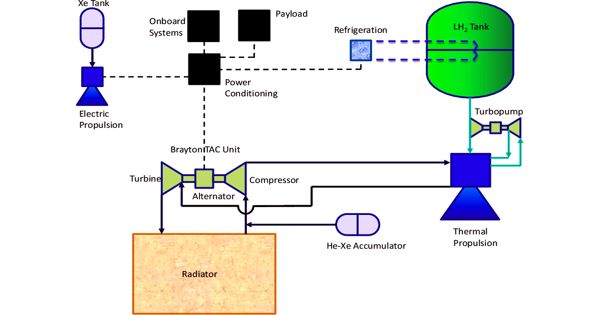Even in non-pandemic years (remember those?), nursing is a difficult profession. Stress, burnout, and tiredness are all terms that come to mind when thinking about the job. I’ve seen a number of studies performed in the last year, and while the findings vary widely, the general view is that the majority of nurses had lately pondered leaving the profession. After seeing a few recent films showing robotic arms assisting people in getting dressed, it’s safe to conclude that we’re still a long way from entirely automating any nursing tasks. Heck, just having a good bedside manner is likely to be a problem. Instead than blatantly displacing human occupations, we’re looking at robots that can enhance some of the labor – in other words, make human jobs a bit simpler.
That’s certainly the most honorable function for robots that can be imagined. It’s reasonable to conclude that the previous two years have had a significant influence on the desire to include robot assistance into healthcare. Of course, robots have been conducting surgery for decades. Those systems are fantastic at leveling the playing field when it comes to specialist operations. In underprivileged communities, access to some treatments has boosted potentially life-saving operations.
In terms of the role that technology will play in the future, I believe we’re only witnessing the tip of the iceberg, both in the hospital and in adjacent industries like eldercare. I wouldn’t be surprised to see a lot more entrepreneurs fighting for a slice of the market in the coming years, having sown the seed during the recent financial crisis. For the time being, though, firms like Diligent are getting a nice huge bump.
In March 2020, the Austin-based startup secured $10 million at an opportune moment (if one can say such a thing about a pandemic). COVID-19 hasn’t gone away, and the company’s funding requirements haven’t either. This Monday, the firm announced a new round of funding, a $30 million Series B. This puts the total amount raised to slightly about $50 million. Andrea Thomaz, a co-founder, said the money would be used to scale up manufacturing of Moxie, the company’s robot.
This additional round of investment will enable us to grow the business in order to satisfy the overwhelming demand for our healthcare service robot. We’re focusing on developing automated assistance for clinical teams, thanks to the help of our investors and the Diligent team, so nurses and doctors can focus on what matters most: patient care. Of course, Diligent isn’t the only business attempting to meet that demand. The second major robotic nursing story of the week, though, is more of a cautionary one. Zack Whittaker, one of our security reporters, looked into a troubling situation with Aethon, a Pittsburgh-based healthcare robotics company.
According to the researchers, system flaws allow for the hijacking of robots with a “very minimal skill set for exploitation.” It was able to operate the robot’s joystick-based navigation via the web interface. Aethon recognized the flaws but did not provide any other details. According to the article: Peter Seiff, the CEO of ST Engineering Aethon, confirmed the vulnerabilities in a statement to TechCrunch, but failed to address our queries about how many of its clients’ autonomous robots had been fixed as a result of the software update.
















